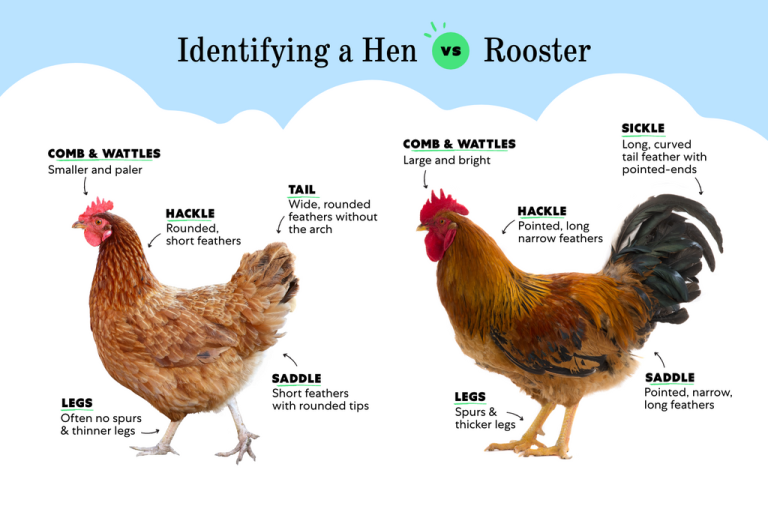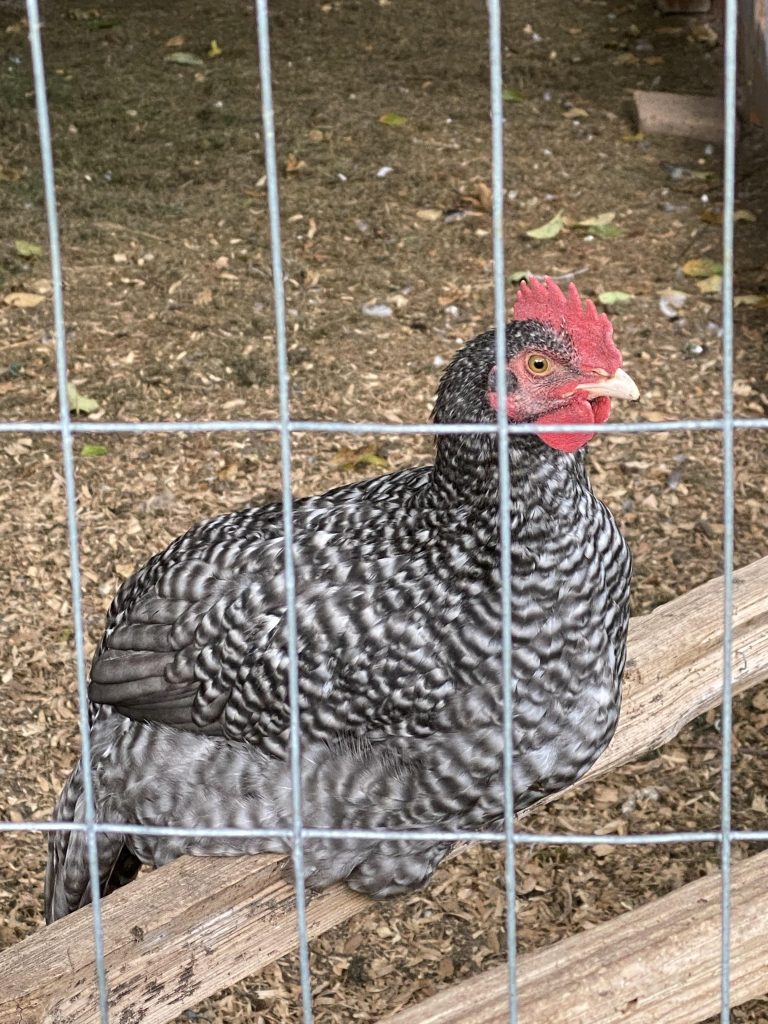Do You Need a Rooster for Hens to Lay Eggs?
No, you do not need a rooster for hens to lay eggs. Hens will lay eggs regardless of the presence of a rooster.
Many people wonder about the role of roosters in egg production. Hens can lay eggs without a rooster, but those eggs won’t be fertilized. Fertilized eggs are necessary if you want to hatch chicks. Hens typically start laying eggs around five to six months of age.
The egg-laying process is influenced by breed, age, and overall health. Regular access to a balanced diet and a suitable environment is essential for optimal egg production.
Many newcomers to chicken keeping share a common question: Do you need a rooster for hens to lay eggs?
The classic image of a rooster proudly strutting around a flock of hens might lead you to believe that his presence is essential for egg production. However, the reality is rather different. It is quite easy for hens to lay eggs without a rooster.
The only requirements for roosters are for fertilization and when hatching chicks. If chickens are reared just for their eggs, flocks can be happily kept without roosters, benefiting from fresh, homegrown eggs.
The Basics of Hen Egg Production
Credit: www.quora.com
Hens can lay eggs without a rooster. A rooster is needed for fertilization. Most eggs from hens are not fertilized. These eggs are safe to eat.
Hens have a natural cycle for laying eggs. This cycle usually lasts around 24 to 26 hours. Eggs can be laid at any time during the day.
Light plays a big role in egg production. Hens need around 14 to 16 hours of light each day. Less light can slow down or stop egg laying. Bright, consistent light helps hens feel active and ready to lay.
Roosters: Necessary Or Not?
Many people believe that hens need roosters to lay eggs. This is a common myth. Hens will lay eggs without a rooster present. The eggs, however, will not be fertilized. Fertilized eggs can develop into chicks, but this requires a rooster.
The real purpose of a rooster is to fertilize hens’ eggs. Roosters also protect the flock from danger. They help establish a pecking order among the hens. This social structure is important for the health of the flock.
Some myths include the idea that roosters are needed for egg production. This is not true. Hens will continue to lay eggs regardless of the presence of a rooster.
Benefits of Keeping A Rooster
Keeping a rooster offers many benefits for your flock. One major advantage is flock protection. Roosters are natural protectors. They alert hens to danger, helping keep them safe from predators.
Another key benefit is behavioural balance among hens. Roosters help maintain harmony. Their presence can reduce stress and aggression in hens. A happy flock lays more eggs and is healthier overall.
Considering A Rooster-free Flock
Many people wonder about keeping a rooster with their hens. Roosters are not needed for hens to lay eggs. Hens will produce eggs on their own without a rooster. This is great news for urban farmers.
Keeping a rooster can bring some challenges. Noise is a major concern. Roosters can be loud, especially in the morning. Neighbours may not appreciate the sound. Without a rooster, a quiet environment is easier to maintain.
Hens also feel more relaxed without a rooster. They can focus on foraging and laying eggs. This leads to better health for the flock. Less stress means more eggs and happier hens.
Urban farms can benefit from a rooster-free setup. Less noise, better welfare, and happy hens make for a great experience.
Egg Fertility: With And Without A Rooster

Credit: chickenexperts.com
Hens lay eggs regardless of having a rooster. A rooster is needed for fertilization. Fertilized eggs can develop into chicks. Infertile eggs are safe for consumption. They won’t grow into chicks.
Identifying fertile and infertile eggs is simple. Fertile eggs may have a small spot called a germinal disc. Infertile eggs lack this spot. Consumers often prefer infertile eggs for cooking. These eggs are common in stores.
Fertile eggs can have benefits, too. Some people enjoy incubating them. This can be a fun learning experience for kids. Hatching eggs promotes responsibility and care.
Legal And Social Considerations
Many places have local laws about keeping roosters. These laws can vary widely. Some areas do not allow roosters at all. Others may have restrictions on the number you can own.
Neighbourhood relations are important, too. Roosters are known for being noisy. Their crowing can disturb nearby homes. This often leads to complaints from neighbours. Keeping a rooster may affect your relationship with them.
| Location | Rooster Regulations |
|---|---|
| City A | No roosters allowed |
| City B | Up to 2 roosters permitted |
| City C | Roosters are allowed with a permit |
Making The Choice: To Rooster Or Not?
Deciding whether to keep a rooster depends on your goals. Hens can lay eggs without a rooster. The presence of a rooster does not affect egg production. Eggs remain the same quality, with or without one.
Some people enjoy having a rooster for other reasons. Roosters can protect the flock from predators. They also help maintain flock harmony. If you want fertilized eggs, a rooster is necessary. Remember, hens will only sit on eggs with a rooster around.
Final Talks: Do You Need a Rooster for Hens to Lay Eggs?
No, you do not need to have a rooster for your hens to lay eggs. Hens can lay eggs independent of or with the presence of a rooster. However, since it will be without a rooster, then the eggs will be infertile and will not hatch as chicks.
If your purpose is just to collect the eggs for eating, then you are happy with just the hens and no rooster.
FAQs
On average, every chicken lays about 250-300 eggs per year. However, this figure might be increased or decreased depending on breed variety, laying age, and health condition. Though some breeds can be defined by such an extreme ability of the egg-laying process, others breed more for meat. Besides, nutrition, lighting, and stress may play a substantial role in influencing it.
A healthy chicken lays an average of one egg a day. That is not the hard-and-fast law, though; the actual laying capability rests on the chicken breed and environments in which they live, besides their age. Many chickens lay every other day; some take breaks or go into moults without laying eggs.
Roosters do not have penises. Instead, roosters have a cloaca, or single opening for their reproductive, urinary, and digestive tracts. During mating, the rooster and hen press their cloacas together in a “cloacal kiss.” Sperm from the rooster moves into the hen’s oviduct to fertilize an egg as the egg passes through.
Normally, a hen lays eggs for 6 months but may continue for 3 to 5 years. However, laying decreases as it grows older. The exact time and frequency of egg laying are determined by breed, nutrition, and environmental conditions.
A healthy chicken hen can lay up to around 250-300 eggs within a year. This may, however, vary with different breeds, age, nutrition, and health of the chicken. Some breeds have really been bred specially to lay more eggs, while other breeds are dual-purpose and balance laying of eggs with raising for meat.







